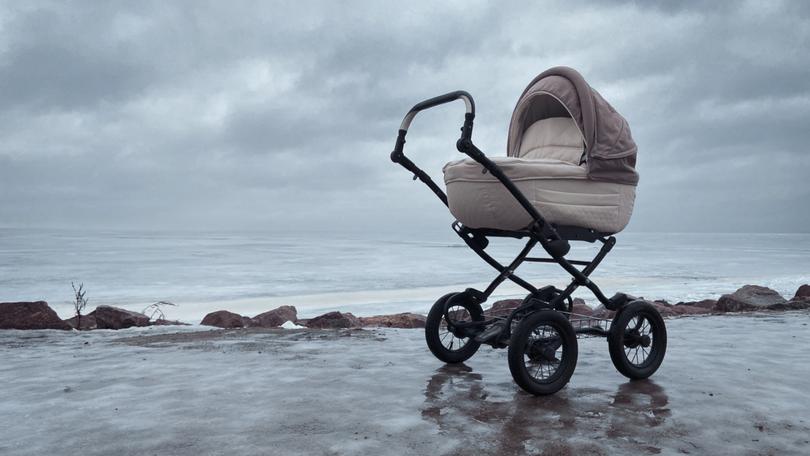Baby drought as house prices push parents out of cities
Australians are having less babies and the fertility plunge is being blamed on high housing costs with analysis showing parents are being pushed to the fringes.

Rising housing costs have been linked to Australia’s “baby recession” and declining fertility rate.
The number of births in 2023 dropped to 289,100 which was the lowest annual total since 2006, analysis from KPMG Australia revealed.
The Australian Bureau of Statistics has not yet released final birth numbers for 2023 but a preliminary report landed on a similar figure.
Sign up to The Nightly's newsletters.
Get the first look at the digital newspaper, curated daily stories and breaking headlines delivered to your inbox.
By continuing you agree to our Terms and Privacy Policy.The overall fertility rate has dropped in recent decades, falling from two babies per woman in 2008 to 1.63 in 2022.
The declining birth rate was hard to pin on a single issue but housing was the biggest factor, University of Melbourne business and economics professor Mark Wooden said.
“When you’re thinking about kids, I don’t think you’re really that worried about whether the cost of bananas or apples went up that month,” Professor Wooden told AAP.
“But when house prices are high, you don’t say ‘oh well they’ll fall next week’, no they don’t.”
Australia’s fertility rate spiked in 2021 but has otherwise trended downwards since the global financial crisis in 2008 and the situation was similar in most countries, Prof Wooden said.
The pandemic baby boom is well and truly over, with an estimated 26,000 fewer births last year compared to 2021 and an overall 4.6 per cent year-on-year decline, according to the analysis.
Economic uncertainty following the height of the pandemic, along with stretched household budgets in a cost-of-living crisis, meant many families delayed having children, KPMG urban economist Terry Rawnsley said.
“We haven’t seen such a sharp drop in births in Australia since the period of economic stagflation in the 1970s, which coincided with the initial widespread adoption of the contraceptive pill,” he said.
Fertility rates were lowest in CBD and surrounding inner suburbs while the highest number of births in capital cities were often in greenfields areas, the analysis showed.
“Young families are being pushed to the edges of the city where there is cheaper housing that can accommodate their children,” Mr Rawnsley said
The results came as no surprise to The Parenthood chief executive Georgie Dent, who said the birth rates dropped where housing was most expensive.
“The cost of security associated with housing is pretty inextricably linked with people’s decisions around either starting a family or growing their family,” she said.
A majority of parents surveyed by her organisation believed it was necessary to have two incomes to support a young family.
Parents needed greater access to more affordable child care and longer paid parental leave, Ms Dent said.
“If there is no safety net or adequate infrastructure around new parents of course they they’re going to make decisions to start a family later, to have fewer children, possibly not have children at all,” she said.
COMPARING BIRTH NUMBER ESTIMATES FROM 2019 TO 2023
* Greater Sydney: down 8.6 per cent to 60,860
* Rest of NSW: down 0.3 per cent to 31,340
* Greater Melbourne: down 7.3 per cent to 56,270
* Rest of Victoria: down 0.4 per cent 16,060
* Greater Brisbane: down 4.3 per cent to 30,250
* Rest of Queensland: down 2.9 per cent to 29,100
* Greater Perth: down six per cent to 25,020
* Rest of Western Australia: down 8.3 per cent to 6070
* Greater Adelaide: down 0.8 per cent to 30,250
* Rest of South Australia: down 2.6 per cent to 3790
* Northern Territory: down 3.6 per cent 15,440
* Canberra: up 0.4 per cent to 5530
* Tasmania: up 2.1 per cent to 5850
